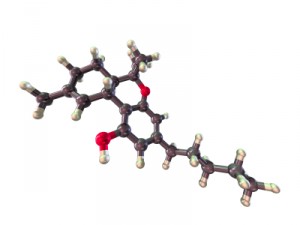 The last few years have seen the appearance of medical cannabis patients in addiction treatment programs, particularly the outpatient variety.
The last few years have seen the appearance of medical cannabis patients in addiction treatment programs, particularly the outpatient variety.
The patient is already enrolled in a medical cannabis program but has been sent to treatment, often by the Courts, for other illegal drug use– pills, meth, heroin, etc.– or in some cases for an alcohol-related offense.
The presence of medical cannabis patients presents some challenges. Others in the group are envious (‘how come he can smoke dope and we can’t?’)– and glib explanations about the special nature of PTSD fall on deaf ears. Some group members begin secretly using pot themselves, and that contributes to relapses. It’s difficult for a chronic substance user to restrict himself to just one drug while ignoring the others. One night he’s stoned and somebody passes around a bottle and poof, instant lapse. Once you’ve had the first one, might as well go ahead and tie one on, right? These are addicts, after all.
I know there’s research to the effect that smoking marijuana reduces symptoms of PTSD, and I wouldn’t challenge that. Nonetheless I suspect some of the folks on medical cannabis programs may be just looking for a cheap source of quality pot. One study proudly proclaimed that using medical cannabis reduced the individual’s use of other illegal substances such as heroin and cocaine. Call me judgmental, but shooting heroin and smoking crack can’t be all that good for one’s PTSD. And the taxpayers are bound to be upset at the thought of funding free grass for drug users. “Pay for your own damn pot,” they’d protest.
Like so many psychiatric disorders, PTSD is diagnosed primarily on the basis of patient report. If the therapist finds the patient’s description of symptoms convincing, he or she goes ahead and makes the diagnosis. But when I read certain publications or visit certain websites, what I see are ads for programs who guarantee a prescription for medical cannabis. They don’t advertise themselves as PTSD docs; they’re pot docs. Little or no mention of treatment associated with the prescription. We’ll get you the cannabis, and what happens next is up to you.
With an addict, I can pretty much predict what happens next.
A recent NY Times article documented the rush by state governments to authorize cannabis prescriptions for a host of disorders where cannabis has not been shown to have a beneficial effect. And I see that the former governor of New Mexico signed on as CEO of a company that will distribute cannabis for ‘medicinal and recreational’ purposes.
Lots of people looking to make a buck. Almost makes you feel sorry for today’s traffickers– we’ll probably have to retrain them as gunsmiths or dental hygienists.


 — July 17, 2014 @
— July 17, 2014 @ 







